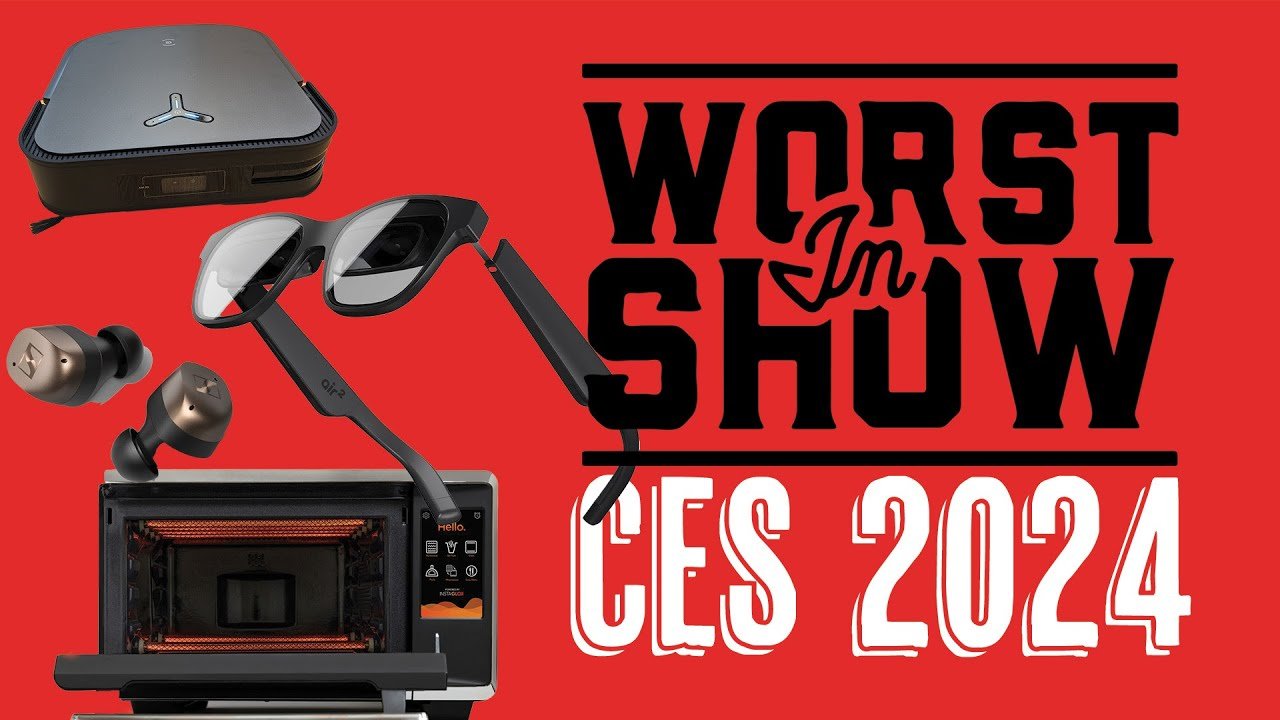At the Consumer Electronics Show (CES), various vendors hope their innovations will make a positive impact, but some find themselves on the receiving end of less favorable distinctions. A coalition of technology repair tool seller iFixit, digital rights advocates like the Electronic Frontier Foundation, and others, not affiliated with CES, recently released their “Worst in Show” list. This compilation identifies technologies that raise significant privacy and safety concerns, aiming to shed light on products that may pose risks or encourage wasteful overconsumption.
The “Worst in Show” list, announced in an online video, encompasses a range of products, from easily hackable lawn mowers to high-priced earbuds that might fail within two years. According to Gay Gordon-Byrne, the executive director of Repair.org, these products jeopardize safety, encourage overconsumption, and normalize privacy violations.
Among the companies making an appearance on the “Worst in Show” list, BMW stands out, earning not one but two entries. This makes BMW the sole company with this distinction. The critique isn’t solely about the technology but extends to potential safety and privacy concerns associated with BMW’s offerings.
Cindy Cohn, the executive director of the Electronic Frontier Foundation, noted concerns about people, especially women, who may be trying to escape abusive situations and end up having their cars used for tracking and abuse. BMW’s inclusion on the list reflects broader worries about the potential misuse of technology and its impact on user safety.
One of BMW’s products criticized is its integration with Alexa, Amazon’s virtual assistant. The concerns raised are tied to the broader issue of privacy and data control. The award-winning technology repair tool iFixit, part of the coalition behind the list, has long advocated for users’ right to repair, and the privacy implications of voice-activated assistants like Alexa are a recurring theme in such discussions.
Additionally, BMW received criticism for its augmented reality driving glasses. According to Cory Doctorow from the EFF, these glasses could contribute to distracted driving, posing a safety hazard on the roads. He raised concerns about the potential for advertisements to be displayed in a driver’s field of view, emphasizing that giving a company control over a driver’s vision might not be advisable.
In response to these criticisms, BMW Group defended its products. Jay Hanson, a spokesperson for BMW, emphasized the company’s commitment to maintaining customers’ trust and protecting their privacy. According to Hanson, both BMW and Amazon share this commitment, giving users control over their data. He also highlighted that minimizing driver distraction is a key principle guiding the company’s product development.
The “Worst in Show” list is a reminder of the ongoing challenges in balancing technological innovation with user safety, privacy, and ethical considerations. As emerging technologies continue to reshape various industries, it becomes crucial for companies to address these concerns proactively to build trust among consumers and regulators alike.
Travel to Europe
Coach rental in Europe
Travel agency Paris
DMC for Europe
DMC for Paris
